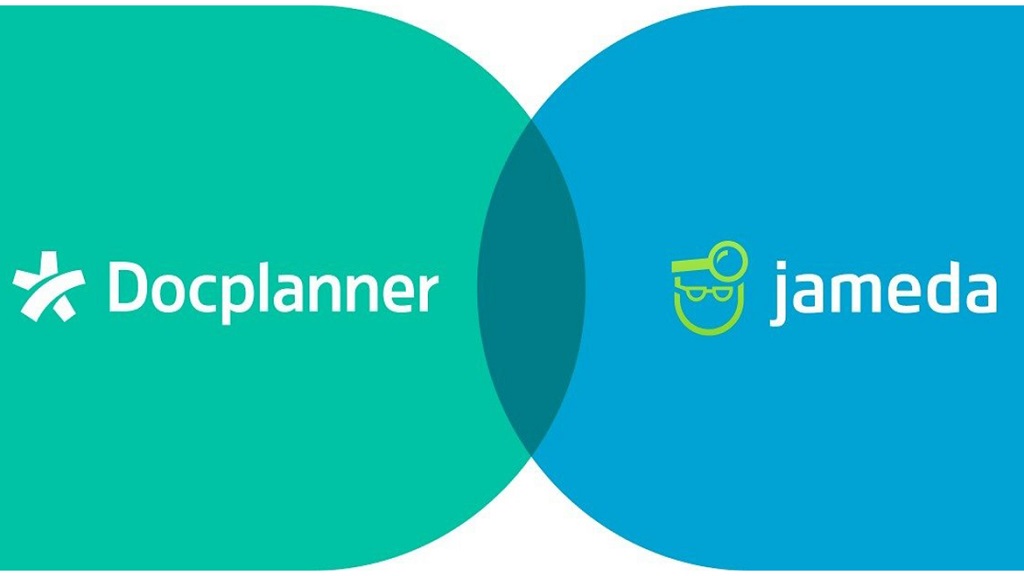
The “Preliminary Draft Law regulating the protection of people who report on regulatory infractions and the fight against corruption”, has already been approved by the Council of Ministers, which is the ratification in Spain of the so-called “Whistleblowing Directive”. In this way, it is expected that the Council of State will finally issue an opinion on the text in order to debate it.
This regulation comes from an initiative of the European Union, approved in 2019 and according to the Government it is a sign of its commitment for the fight against corruption. Even so, Spain is already out of time to adapt the regulations, so much so that the European Commission began the sanctioning process last February.
These waiting times until the final approval of the text, give companies the opportunity to prepare for the changes and obligations of the law, because, once it comes into force, Penalties for non-compliance can reach up to one million euros. EQS Group Espana, a leading provider of regtech services, tells us what are the signs that a company does not comply with the requirements of the new law and some solutions:
Digital tools to strengthen reporting channels
One of the main points of the text is the obligation of companies to establish effective complaint channels that guarantee the anonymity and confidentiality of the informant. The objective is that there are means with which not only the employees can raise their doubts, but that these channels are also capable of giving continuity to the information without compromising the informant.
Currently, some of the channels that companies usually use are telephone helplines or anonymous emails, and yet none of them comply with the new obligations. The law states the need to create a service channel that the informant can access, relying on your guarantee of anonymity to leave your information, but at the same time you can access it again to ensure the follow-up of your complaint. For this, the alternative is external digital communication channels that integrate conversation, the ability to share files and, above all, security. In addition, these channels must guarantee that a record of the communications received and the internal investigations carried out is generated.
A single person in charge to simplify the process
The new Law is committed to the appointment of a person in charge manage the internal information system from start to finish, from the communication of the informant to the purging of responsibilities. This function may be carried out both from within the entity itself, or by going to an external third party that facilitates this process for companies with digital reporting tools.
Be that as it may, with the new law a natural person responsible for managing the system must always be assigned and who will assess whether the company procedures are being followed correctly to promote a transparent and confidential reporting system.
Talk about informants to avoid calling them whistleblowers
At the denomination level, the future law establishes a fundamental change to the talk about informants and non-complainants. This change is crucial for influencing the ethics of Spanish companies, as our business culture tends towards non-communication. It is not about communicating infractions or trying to harm colleagues, but about communicating everything that catches our attention with the aim of resolving our ethical doubts and clarifying responsibilities in the event that infractions are being committed that could have a negative impact on the company’s reputationall without retaliating against the informant.
Talking about informants generates a much more attractive climate for communication and this has a positive impact on the company itself. Employees are the ones closest to the daily work, and therefore they are the most aware of what is happening, for better or for worse.
Effective communication to clarify reporting processes
This lack of culture of reporting also generates a lack of knowledge of internal processes, employees do not know who is the person to talk to or by what means, but neither what are the infractions they should report on. The new Law, true to its very objective, is committed to easily accessible public information and obliges companies to include it on the home page of the company’s website.
“The parliamentary approval process entails times that are not necessarily fast, but at least that leaves a margin for companies to start preparing, because once it comes into force, companies must have the necessary tools to comply with it, and the If not, the fines are heavy. We recommend to all our clients begin to implement the necessary changes, and of course that goes through a complaint tool that integrates the entire process and guarantees the confidentiality of the complainant”, says Murray Grainger, Country Manager of EQS Group Spain and Portugal.



